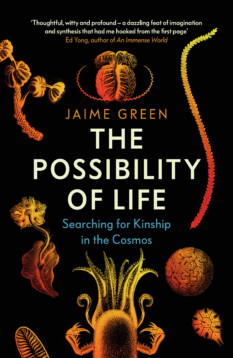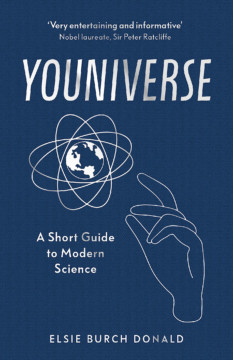Quantum Enigma
Bruce Rosenblum, Fred Kuttner
Category: Popular Science,
Everyone knows that sub-atomic particles have some very strange qualities. Light sometimes behaves like a particle, sometimes like a wave. Objects separated by vast distances interact faster than the speed of light – what Einstein called ‘spooky action at a distance’. Most strangely, the behaviour of objects somehow seems be determined in retrospect, depending on what the observer is looking for. In this ground-breaking work the authors show how these quantum properties are being observed in larger and larger objects. They set out carefully and cautiously exactly what quantum theory might mean for us.
Quantum physics presents an unanswerable challenge to our common sense understanding of the universe, and the final explanation might not come from physics at all, but from the equally strange world of cognitive neuro-science – the mysteries of mind and matter might be one and the same.
Reviews
-
'This excellent book provides patient and luminous explanations... Rosenblum and Kuttner have done a brilliant job of shocking the reader anew' Guardian
-
'Rosenblum and Kuttner tie together two great mysteries: consciousness and the 'quantum enigma' of how reality coalesces out of the fog of quantum possibilities... an entertaining primer on the nuts and bolts of quantum theory' New Scientist
-
'This book is unique. I know of no other which so artfully tackles two of the greatest mysteries of modern science: quantum mechanics and consciousness. It has long been suspected that these mysteries are somehow related: the authors treatment of this thorny and controversial issue is honest, wide-ranging, and immensely readable. The book contains some of the clearest expositions I have ever seen of the strange and paradoxical nature of the quantum world. Quantum Enigma is a pleasure to read, and I am sure it is destined to become a classic' George Greenstein, Professor of Astronomy, Amherst College, co-author of The Quantum Challenge: Modern Research on the Foundations of Quantum Mechanics





